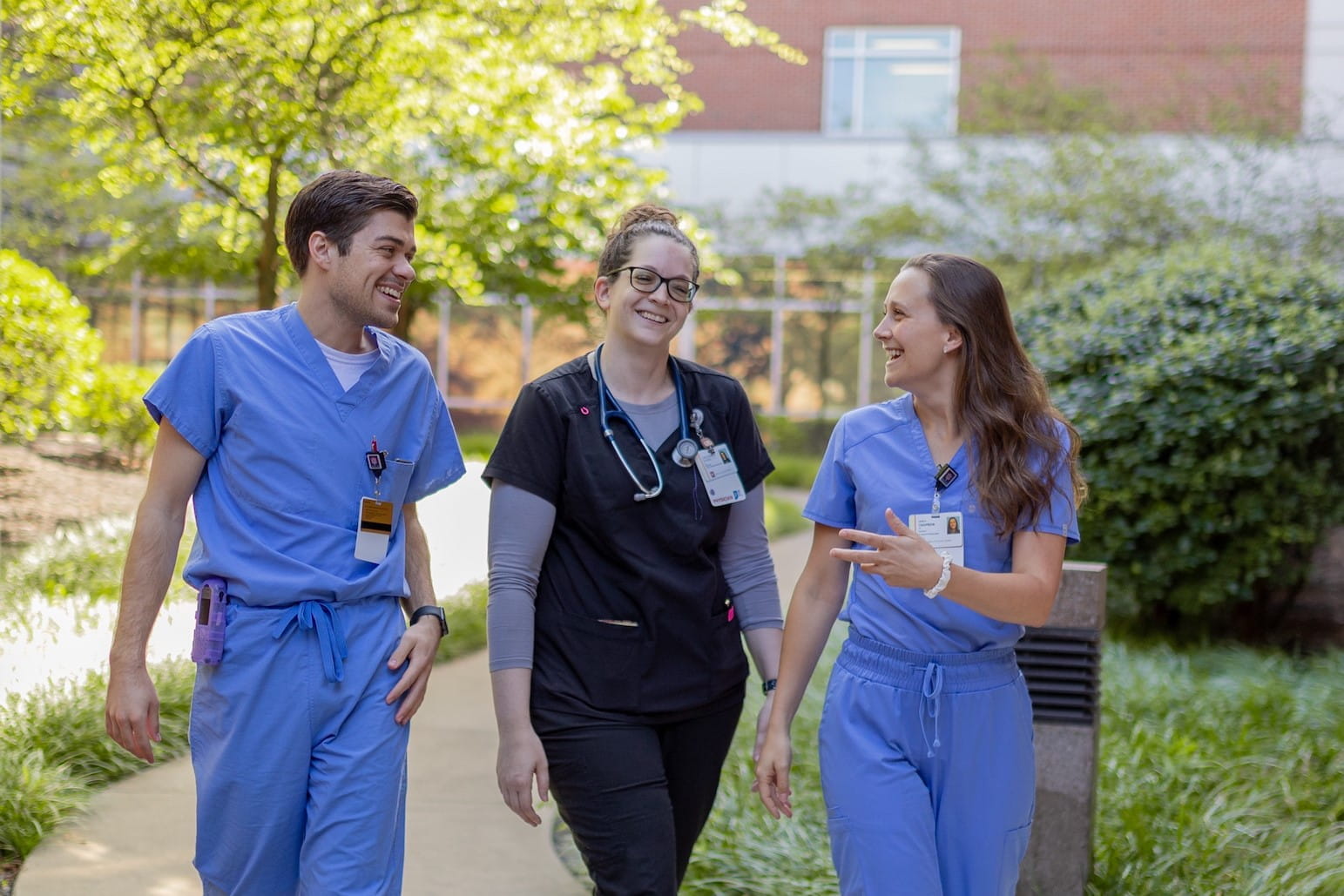The IU School of Medicine offers four Family Medicine Residency programs located throughout Indiana. All family medicine residents are trained to identify the preventive needs of patients, promote healthy lifestyles, provide ongoing routine care and emotional support, diagnose and treat acute and chronic illness, and work with consultants and other physician specialists to care for unusual and complex medical problems.

Indianapolis
The Family Medicine Residency at IU Health Primary Care Central Indianapolis at IU School of Medicine is a three-year community-based training program that covers the full spectrum of family medicine and allows residents to explore special areas of interest.

Jasper
The Family Medicine Residency at Memorial Hospital in Jasper offers the academic resources and conventions of a large, renowned academic center along with the high standards and traditions of a faith-based community hospital setting.

Lafayette
Residents in the IU School of Medicine Family Medicine Residency at IU Health Arnett train in a new ambulatory-care facility on the IU Health campus in Lafayette, allowing for integrated learning with in-patient, obstetrics and ambulatory care.

Muncie
The Family Medicine Residency at IU Health Ball Memorial Hospital has a national reputation for top-quality training in the full breadth of the specialty, including strong procedural and global health training, set in a supportive, family-friendly atmosphere.
Program Structure
Being part of a large and nationally recognized medical school provides the family medicine residency programs with distinct advantages, including access to a large and diverse patient population, vast resources for research, continuous quality-improvement projects, academic work of faculty, and a wide array of collaboration opportunities from both academic and community settings to facilitate resident growth.
While labels such as community-based and medical school-based (or academic) as well as opposed or unopposed are prevalent in describing residency programs, the actual training environment of a program typically has aspects of each type depending on staffing levels, patient volume, proximity of educational training facilities and other considerations. For example, a community-based, unopposed program can provide phenomenal opportunities in most or all rotational experiences, but face challenges in some disciplines due to scarcity in physician availability, patient populations and educational resources. Similarly, an academic, opposed (or partially opposed) program can also provide phenomenal opportunities in rotational experiences across the board but may be challenged in some disciplines due to the same factors that can stretch a community-based, unopposed program. Depending on the context of a specific program, the strengths and weaknesses of the training experience are unique and dependent on how opportunities and resources are structured.
Residency Training at IU School of Medicine
Find out more about IU School of Medicine’s Graduate Medical Education program, including application requirements, stipends and other benefits, and policies.